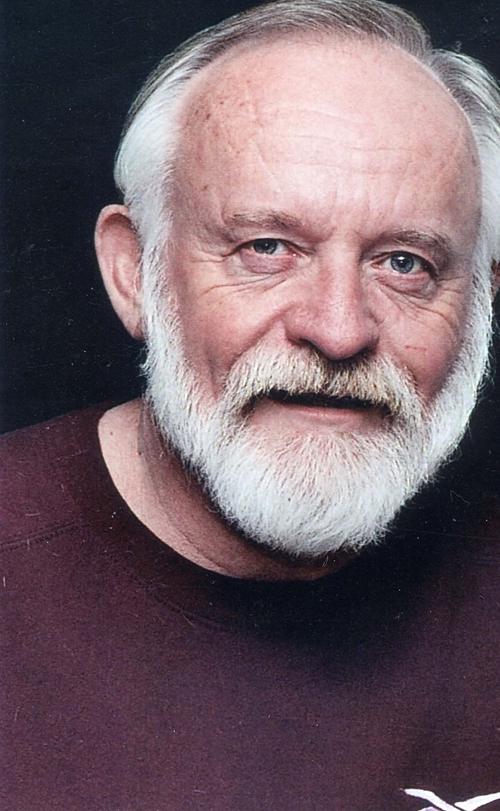
(Courtesy of Carlton Stowers)
Homicides, murderers, victims, trials, families.
These are terms familiar to Carlton Stowers, who has covered crime for decades.
But, in 1988 his family had their own story to tell.
In a drug-induced state, his son, 25-year-old Anson Stowers, brutally murdered his ex-wife.
As a well-known Texas reporter, Carlton has covered everything from the Dallas Cowboys’ to murders.
He’s worked for numerous publications including The Dallas Morning News, Sports Illustrated, Dallas Observer and People magazine and written many books such as “Innocence Lost” and “Careless Whispers.”
Yet, it wasn’t until that November day that Carlton found himself able to connect and relate to the victims’ stories he had shared for so many years.
Carlton visited with journalism students Monday evening, openly discussing his son, his career as a crime reporter and some of his most memorable stories.
In 2000, Carlton released “Sins of the Son,” a personal account detailing Anson’s downward spiral.
Students asked him what it was like being both a father and a reporter.
“It was the most difficult book I ever did,” he said.
“It did give me a new appreciation for the victims who I dealt with and would continue to deal with.”
Colleagues had been pressuring Carlton to write this book for years.
“It occurred to me that so many people had been so candid, so forthcoming with their stories,” he said.
“Maybe I had an obligation to tell mine as honestly as I could.”
Carlton visited his son in prison almost every day while working on the book.
They would talk for hours as Carlton interviewed his son, asking questions he sometimes didn’t want to hear the answers to.
“From this book project, these interviews, came more honesty than we had ever had in our relationship,” he said.
“It gave me a better understanding and gave him a chance to clear the air.”
“Sins of the Son” is the only one of Carltons’ books in which he shows his opinion.
However, he believes that emotion is vital in all stories to impact the reader.
“If you can’t make your reader laugh or cry or get angry or just say, ‘that made me feel better to read that story,’ then you haven’t done as good of a job as you should have,” he said.
Throughout the discussion, Carlton reiterated that his role was always to be the storyteller, despite the crime.
“My job is not to solve cases, not to investigate cases. I’m not law enforcement, a prosecutor or the district attorney,” he said.
“I’m just a guy telling what happened and I want it to be a good story.”








